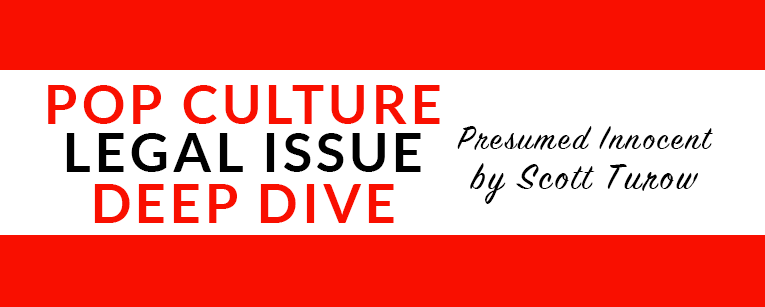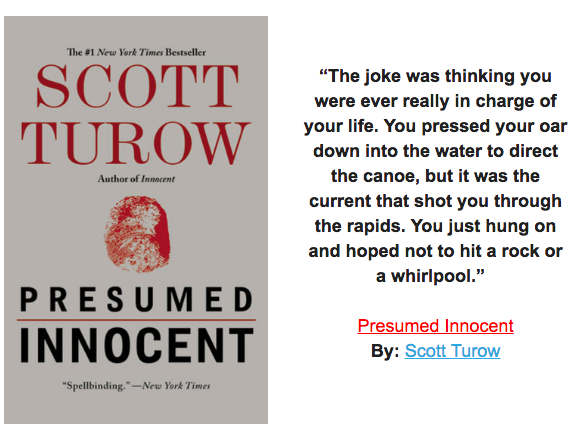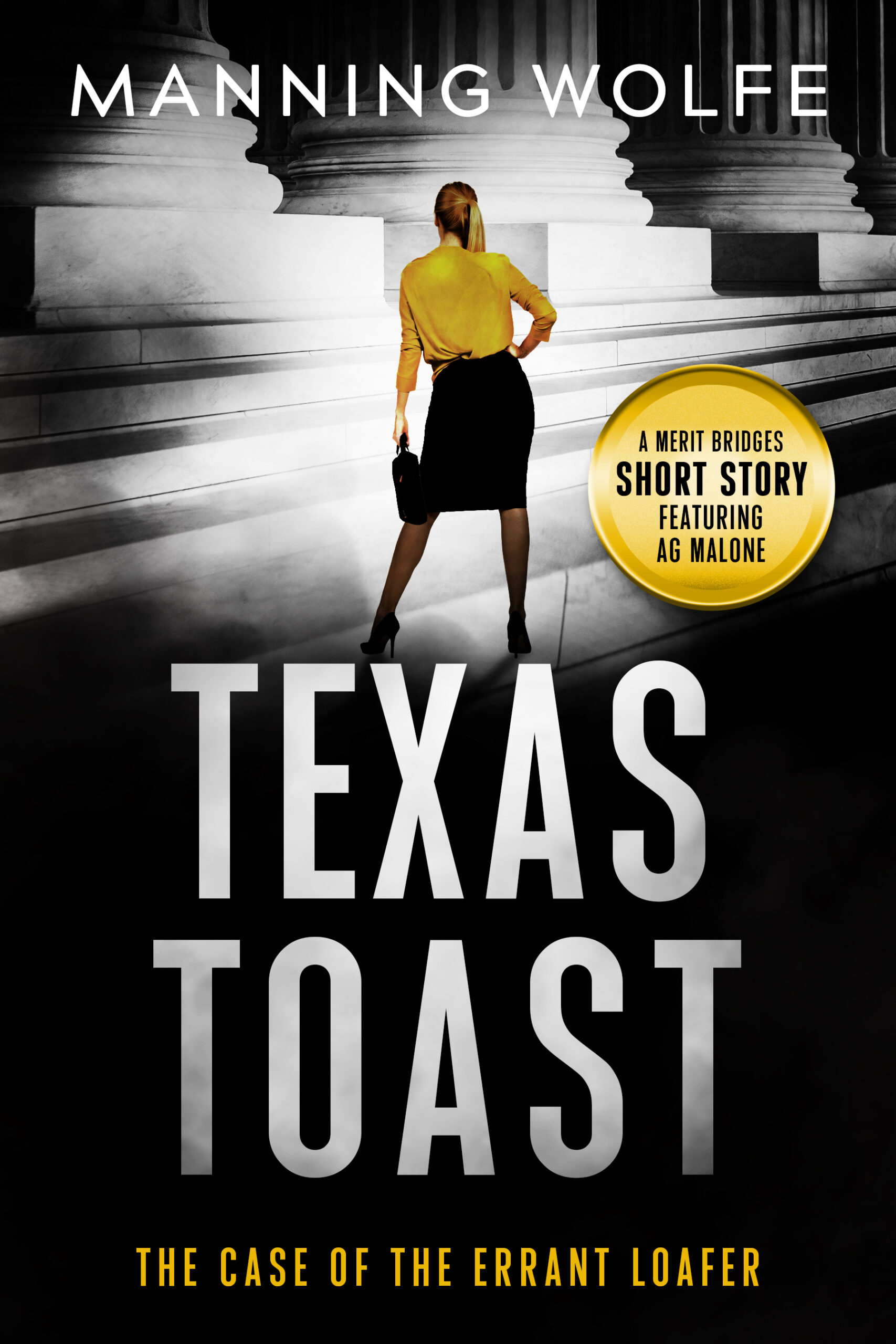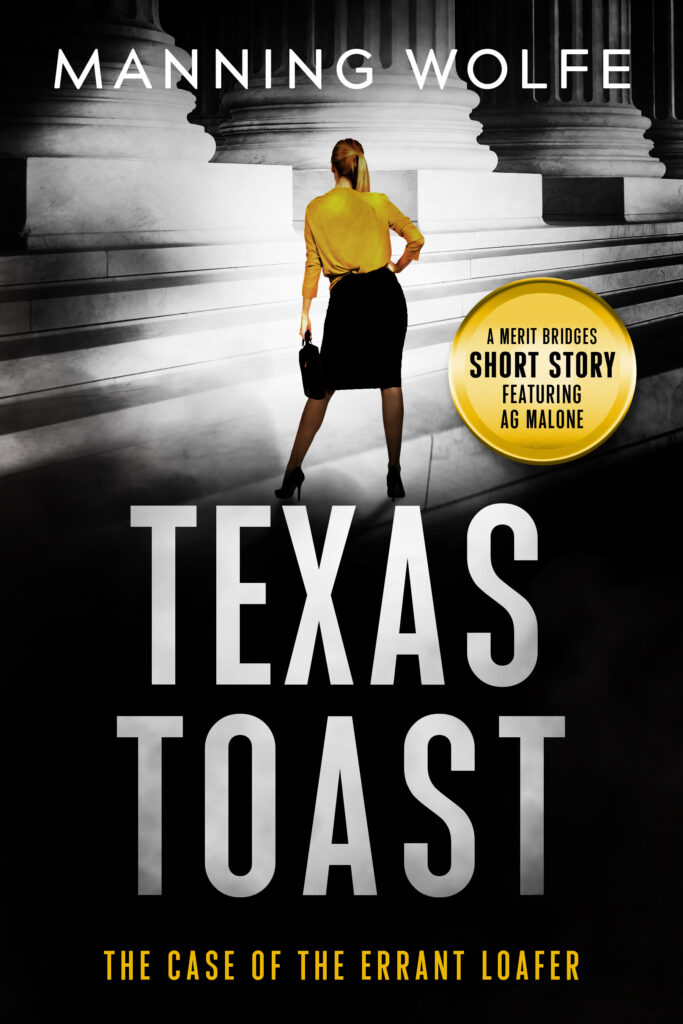Hi Ya’ll,
A few months back we started a new series for legal thriller lovers! Each month we discuss a new book and talk about a legal issue or crime that was presented in the book. This month’s selection is Presumed Innocent by Scott Turow.
Presumption of Innocence
Scott Turow’s Presumed Innocent is the novel that launched his career as one of America’s pre-eminent legal thriller writers. He tells the story of Rusty Sabich, chief deputy prosecutor in a large Midwestern city. With three weeks to go in his boss’ re-election campaign, a member of Rusty’s staff is found murdered; he is charged with finding the killer, until his boss loses and, incredibly, Rusty finds himself accused of the murder.
In the American legal system, there is a legal right, under the 6th Amendment Due Process Clause to the Constitution, to the presumption of innocence. This means that the burden of proof is on the prosecutor and not the accused (from the Latin phrase ei incumbit probatio qui dicit, non qui negat). It is the cornerstone of the criminal justice system.
When Rusty Sabich is taken to trial in Presumed Innocent, things get dicey because there is so much evidence against him, although circumstantial. Meaning there was no eye witness. A circumstantial case is actually difficult to prove because the defense attorney can show alternative theories of the crime as did Sabich’s lawyer. The jury does not evaluate which theory is correct, they must evaluate if there is any other theory of the crime that is logical. If so, they must find for the accused and acquit.
Happy Reading,
Manning










